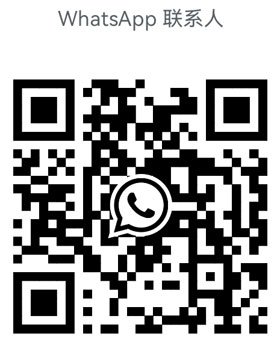Latvia Customs Import and Export Goods Policy
Summary:This article outlines Latvian Customs' import and export goods policy, highlighting its adherence to free trade and compliance with the EU's common trade policy and safety and technical standards. It details Latvia's quarantine regulations for agricultural products, animals, and plants, and describes its participation in the EU's Rapid Alert System for Food Safety (RASFF) for swift information exchange and emergency response to food safety issues.
Regulations of Latvian Customs
Latvia adheres to a free trade policy and opposes trade protectionism.
Since joining the EU, it has implemented the EU's common trade policy and abided by the EU's relevant regulations on safety and technical standards for imported products. There are no customs duties on products from other EU member states, and customs duties are levied on products from non-EU countries at the EU's unified tax rate. The main types of EU import licensing systems are regulatory, quota management, and safeguard measures. EU customs also uses various technical requirements, such as product standards, sanitary and phytosanitary standards, as import management tools.
Inspection and Quarantine of Import and Export Goods
Since joining the EU, Latvia's import and export inspection and quarantine have been incorporated into the EU's unified management system.
[Agricultural Product Quarantine]
Latvia's import and export agricultural product quarantine implements EU regulations. It
supervises the production and processing links of the origin environment, agricultural
inputs, and mid-stream and post-production quality; implements a traceability system for
packaging, marks, and agricultural products in the market link; and strictly inspects and
quarantines the quality and technical standards of agricultural products for market access,
labels, and packaging to ensure compliance with ecological environment, etc. Latvia requires
that the countries or regions to which it exports agricultural products are free from
infectious diseases and allows its businessmen to import food that is free from specific
diseases within a specified period of time. At the same time, it is stipulated that food,
soybeans, and peanuts exported to Latvia must be non-toxic, and the exporting country must
guarantee that the total amount of fungal diseases suffered by the exported grain crops does
not exceed 0.5%, and the content of heavy metals, bacteria, pesticides, and radioactive
elements does not exceed Latvia's acceptable international standards, etc.
[Animal Quarantine]
Latvia allows the import of healthy and immunized live animals and their products. The
specific regulations are as follows:
(1) Countries or regions exporting live animals and their products to Latvia must be free
from infectious diseases, and a certain period is specified for some special diseases;
(2) 21 days before export, live animals must undergo the following work under official
supervision: clinical diagnosis of exported animals, daily measurement and recording of body
temperature; inspection of special diseases using the exporting country's existing
diagnostic methods; immunization against certain diseases 14 days before shipment;
(3) If it is found that the animals have a prohibited infectious disease after they arrive
at the destination, the buyer has the right to refuse to accept all or part of the goods
without any economic responsibility;
(4) Each exported animal must have a veterinary inspection certificate, including:
inspection time, inspection method, inspection results, number of inspectors, the
certificate must be valid in the language of the exporting country and English, and stamped
by the animal inspection department of the exporting country;
(5) The transportation method must be acceptable to the exporting country, and the
transportation tools must be disinfected.
[Plant Quarantine]
Latvia's import regulations for fresh plants and their products are similar to those for
fresh animals and their products.
Latvia has joined the EU's Rapid Alert System for Food Safety (RASFF) and is connected to the food safety authorities of EU member states to exchange information quickly. Once a problem food is found, the information will be notified to all EU member states through the system, and other member states will immediately destroy the problem food or immediately recall it through the traceability mechanism. For example, in September 2017, the EU's RASFF released a message that 143 kilograms of egg whites and yolks that had previously been sent from Germany through Estonia to a Latvian trader were likely to be contaminated with fipronil. The Latvian Food and Veterinary Service immediately locked down the trader and catering businesses that used its products, and confirmed that 32 kilograms of them were contaminated with fipronil. The remaining 7 kilograms that had not been used were recalled, preventing further spread of "toxic egg" products.

